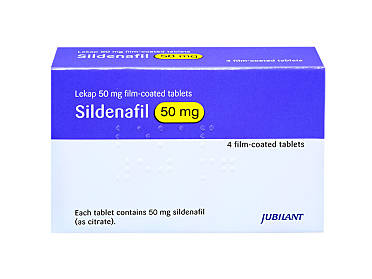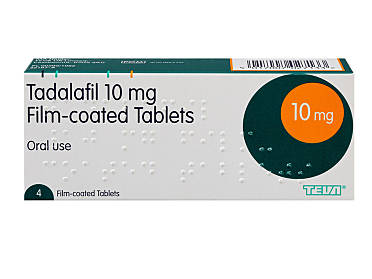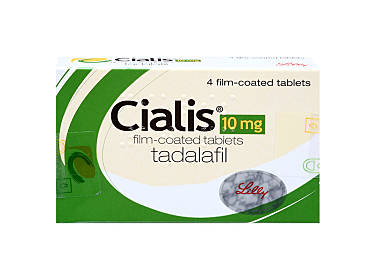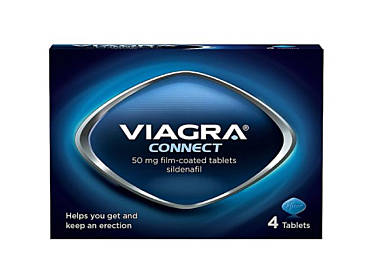What To Do When Viagra Doesn’t Work

Medically reviewed by
Dr Babak AshrafiLast reviewed: 23 Jun 2022
Viagra is a branded medication containing the active ingredient sildenafil citrate. It can help if you have erectile dysfunction (ED), which means you need help getting or keeping an erection. Viagra does not work for every man, even when taken as directed. You might need a different dose or to change when or how you take it.
Why Viagra doesn’t always work
While Viagra has a relatively high success rate of over 70%, it is not guaranteed to work every time. ED can have a number of causes, including physical and psychological factors, which can affect whether Viagra will work for you.
Viagra may not work if it is not taken correctly. Eating a large meal or drinking alcohol when taking Viagra can affect how well it works. Some of the most common reasons why Viagra doesn’t always work are below.
Dosage is too low
If Viagra is not working for you, it may be because your dosage is too low. The usual starting dose for Viagra is 50mg, but you may be started on a lower dose of 25mg if you take certain medications.
The maximum dose of Viagra that you can take is 100mg. Your doctor can prescribe a higher dose if it is safe for you. Never take more than you have been prescribed. Taking more than 100mg will not make Viagra work better and could cause serious side effects.
Not taking it correctly
For Viagra to work as it should, you need to be sexually aroused. You should swallow your tablets whole, with a glass of water. You should not take your Viagra with grapefruit juice. When you take Viagra before sex is also important. It usually takes around 30 to 60 minutes to work, so it is recommended to take your Viagra dose an hour before you plan to have sex.
You can take it up to 4 hours before sex, but the longer you wait, the less likely it is to work. It may take a few tries (up to 8) with Viagra to find when it works best for you.
You have an underlying health condition
If you have an underlying health condition that you do not know about, it may be why Viagra is not working for you. Some health conditions that can cause ED include:
- high blood pressure
- high cholesterol levels
- hormone problems, such as low testosterone levels
You should speak to your GP, as they can check for these health issues if your ED symptoms are new and Viagra is not working. If you have an underlying health condition, you can get treatment which could improve your ED and help Viagra to work.
Certain medications have side effects, such as erectile dysfunction. It may be that a medication you take is causing your ED, or making it worse. If you think this is the case, speak to your GP.
Drinking alcohol
Although you can drink alcohol with Viagra, it could affect how well it works. Drinking alcohol can make it harder to get your penis erect and maintain your erection. It can also make side effects more likely, such as dizziness or headaches.
Eating too much
You can take Viagra with or without food but having a full stomach means that Viagra will take longer to work. In some cases, it could delay Viagra working for up to 2 hours. If you have eaten a large meal before taking Viagra and noticed it doesn’t work, give it more time.
What if Viagra doesn’t work the first time?
Viagra doesn’t always work the first time. As with any new medication, it can take your body some time to get used to it. Your doctor will suggest trying Viagra a few times before ruling out that it doesn’t work. You can also follow the guidance on this page to make sure you take it correctly. Try not to give up taking it too early.
As ED can cause performance anxiety, you may be putting a lot of pressure on yourself the first time you use Viagra. This could make you feel nervous, which can make it harder to get sexually aroused. You should speak to your doctor if you have anxiety around sex or ED.
Alternatives to Viagra
What to do when Viagra isn’t working
When Viagra doesn’t work for ED, it can feel incredibly frustrating. There are some things you can do to try and increase the effectiveness of Viagra. If you have tried Viagra several times and it is not working, your doctor may suggest an alternative ED treatment.
Take it at the right time
To give Viagra the best chance, you need to take it at the right time. This is usually an hour before sex, but it can be different for every man. Make sure you don't wait too long after taking it to have sex, so you don't lose your erection too early.
Don’t drink alcohol
To get the best effect from Viagra, it is recommended to keep your alcohol intake to a minimum or avoid it altogether when you want to use Viagra.
Take it on an empty stomach
If Viagra doesn’t work, try taking it on an empty stomach next time. If your stomach is empty, Viagra can work faster.
Try it again
The best thing to do is try again and stay relaxed whilst taking it. Your doctor may suggest taking Viagra several times (up to 8 times), as it can take a few tries for it to work as it should.
You should not try again the same day, as you cannot take Viagra more than once a day.
Alternatives to Viagra
If Viagra doesn’t work or you find the side effects are too severe, your doctor may suggest an alternative treatment for ED.
ZAVA can prescribe a range of erectile dysfunction treatments which work in a similar way to Viagra but contain a different active ingredient, such as:
- tadalafil, which is a generic medication used for ED containing the active ingredient tadalafil, with 10mg being the usual starting dose
- Cialis, a branded version of tadalafil
- Spedra, which contains the active ingredient avanafil and comes in 100mg or 200mg doses
- Levitra, which contains the active ingredient vardenafil and comes in a 10mg or 20mg dose
You can also try an erectile dysfunction trial pack, which contains 3 different ED treatments.
When choosing alternative ED medicines, make sure they are safe and regulated. Unlicensed products such as Kamagra or Kamagra Oral Jelly may be unsafe.

Dr Babak Ashrafi Clinical Lead for Service Expansion
Accreditations: BSc, MBBS, MRCGP (2008)
Babak studied medicine at King’s College London and graduated in 2003, having also gained a bachelor’s degree in Physiology during his time there. He completed his general practice (GP) training in East London, where he worked for a number of years as a partner at a large inner-city GP practice. He completed the Royal College of GPs membership exam in 2007.
Meet our doctorsLast reviewed: 23 Jun 2022
-
Sildenafil (Viagra), National Health Service [accessed May 2022]
-
Erectile dysfunction (Impotence), National Health Service [Accessed May 2022]
-
Sildenafil, Product Information Leaflet, EMC [Accessed May 2022]
-
Sildenafil, NICE/British National Formulary [accessed May 2022]
-
Erectile dysfunction, NICE/Clinical Knowledge Summaries [accessed May 2022]












